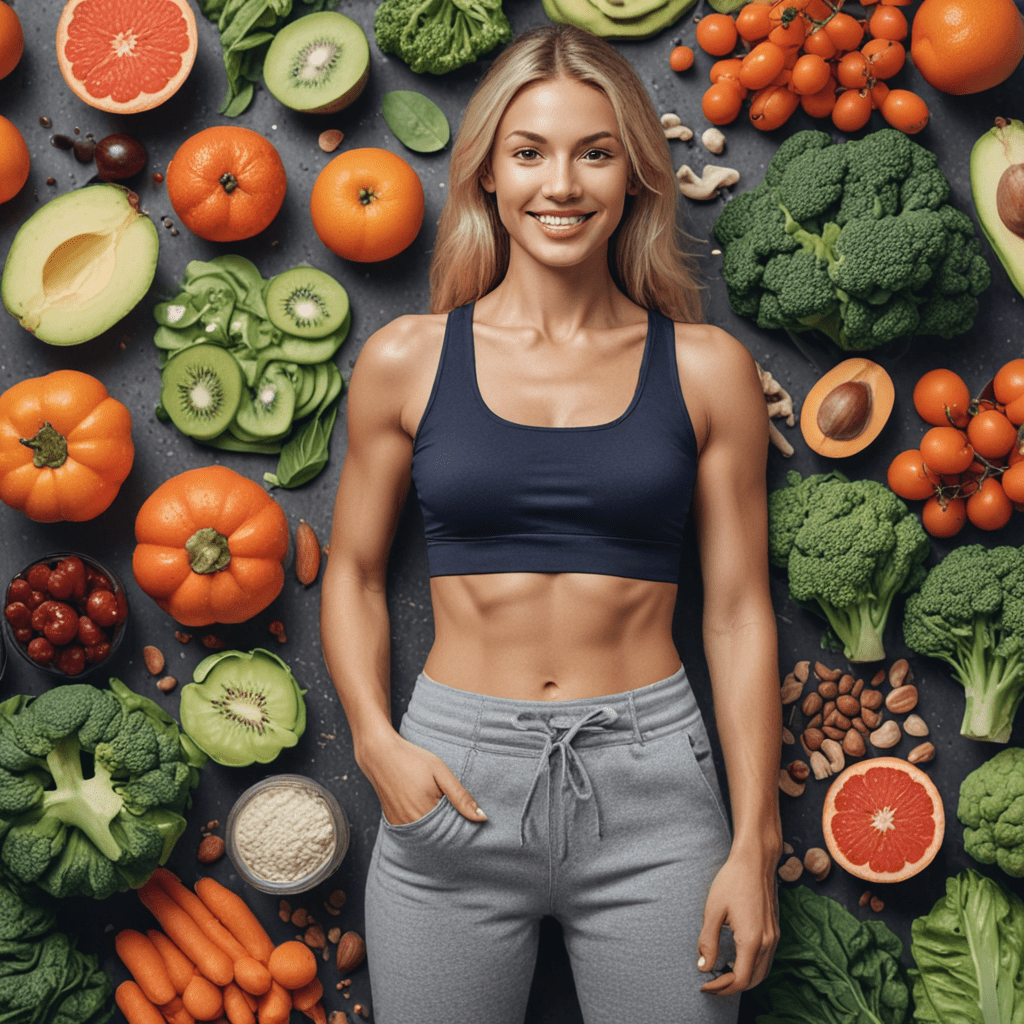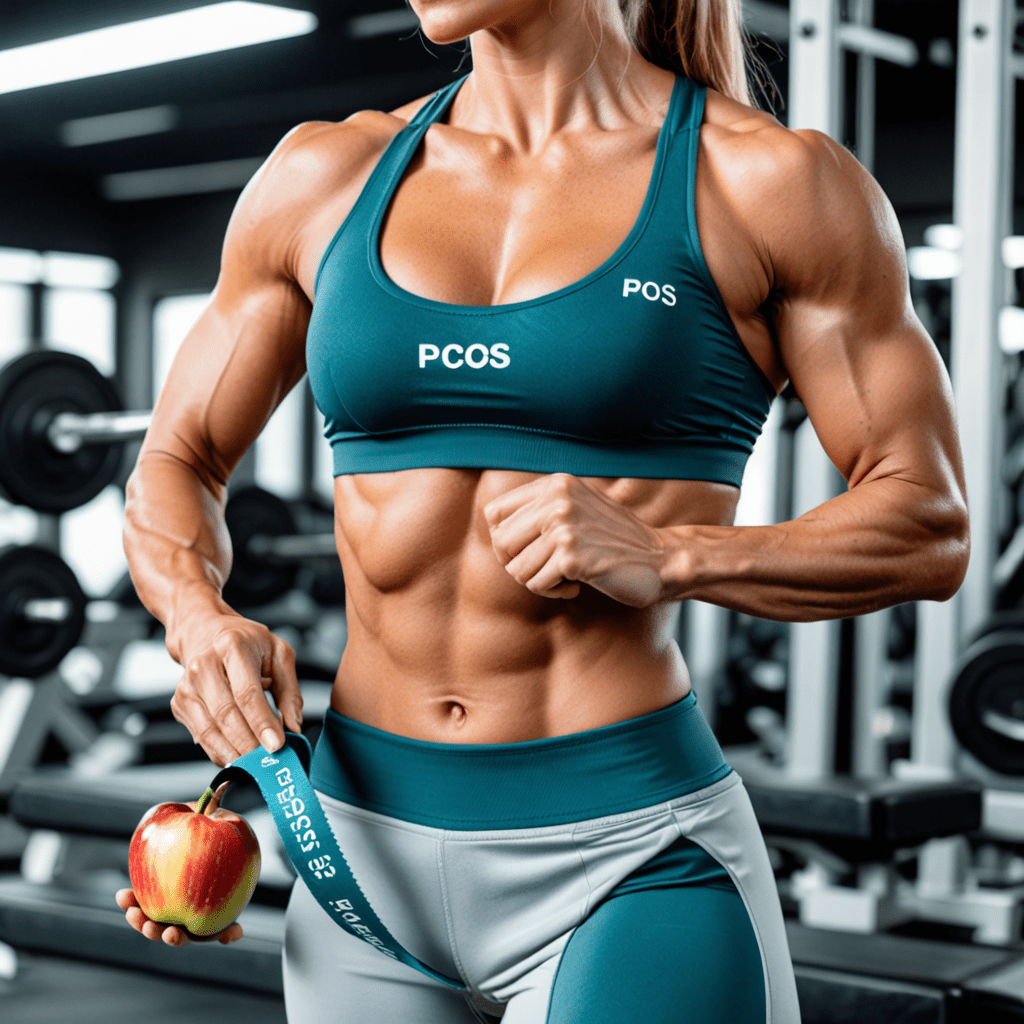
Introduction: The Interplay of Diet and Collagen
Radiant skin, a hallmark of health and vitality, is largely underpinned by the presence of collagen, a protein that forms the structural framework of our skin. Collagen's properties bestow upon skin its elasticity, firmness, and youthful appearance. However, as we age, collagen production naturally declines, contributing to wrinkles, sagging, and other signs of skin aging.
Fortunately, dietary choices can significantly impact collagen production, providing the building blocks and nutrients essential for its synthesis. Among various dietary approaches, the vegan diet stands out as a rich source of vitamins, minerals, and antioxidants that support collagen formation.
Understanding Collagen: The Building Block of Healthy Skin
Collagen is a fibrous protein that forms the foundation of our connective tissues, including skin, bones, tendons, and cartilage. It provides strength, structure, and elasticity to these tissues, ensuring their proper function and youthful appearance. Collagen is produced by specialized cells called fibroblasts, which require an adequate supply of specific nutrients to synthesize this vital protein.
The structure of collagen is complex, consisting of three polypeptide chains twisted together in a triple helix. Each chain contains a unique sequence of amino acids, primarily glycine, proline, and hydroxyproline. The hydroxylation of proline and lysine residues, a critical step in collagen synthesis, requires vitamin C as a co-factor.
The Vegan Diet: A Source of Essential Nutrients for Collagen Synthesis
The vegan diet, characterized by the exclusion of all animal products, offers a wealth of nutrients that play vital roles in collagen synthesis. These include:
Vitamin C: Found abundantly in fruits and vegetables, vitamin C acts as a co-factor for enzymes involved in the hydroxylation of proline and lysine, essential for the formation of stable collagen fibers.
Copper: A key co-factor in the enzyme lysyl oxidase, copper is crucial for the cross-linking of collagen fibers, enhancing their strength and stability.
Zinc: Involved in various aspects of collagen metabolism, zinc supports the production and stabilization of collagen fibers, ensuring their proper functionality and integrity.
Vitamin C: A Vital Catalyst for Collagen Production
Vitamin C is an indispensable nutrient for collagen synthesis. It acts as a co-factor for enzymes responsible for hydroxylating proline and lysine residues, a crucial step in the formation of stable collagen fibers. Without adequate vitamin C, the hydroxylation process is impaired, resulting in the production of structurally weak and unstable collagen.
Citrus fruits, such as oranges and grapefruits, are rich sources of vitamin C. Other excellent plant-based sources include berries, leafy greens, tomatoes, and bell peppers. Incorporating these foods into a vegan diet ensures a sufficient supply of vitamin C to support optimal collagen production and maintain skin health.
6. Copper: A Key Co-Factor in Collagen Formation
Copper serves as an essential co-factor for lysyl oxidase, an enzyme responsible for cross-linking collagen fibers. This cross-linking process enhances the strength and stability of collagen, ensuring its proper function in providing structural support and elasticity to the skin.
Nuts, seeds, and legumes are excellent sources of copper in a vegan diet. Cashews, almonds, sunflower seeds, and lentils are particularly rich in this essential mineral. Incorporating these foods into daily meals can help maintain optimal copper levels to support collagen synthesis and maintain skin health.
7. Phytochemicals in Fruits and Vegetables: Natural Boosters for Collagen
Phytochemicals, natural plant compounds, possess antioxidant and anti-inflammatory properties that support collagen production. They help neutralize free radicals that can damage collagen fibers and contribute to skin aging.
Berries, such as strawberries, blueberries, and raspberries, are rich in anthocyanins, a type of flavonoid with potent antioxidant effects. Green tea contains catechins, another powerful antioxidant that protects collagen from degradation. Adding these foods to a vegan diet can help combat oxidative stress and preserve skin's youthful appearance.
8. Plant-Based Proteins: Building Blocks for Collagen Synthesis
Collagen is composed of amino acids, the building blocks of proteins. Plant-based proteins provide a rich source of these essential amino acids, including glycine, proline, and hydroxyproline.
Legumes, such as lentils, beans, and chickpeas, are excellent sources of plant-based protein. Tofu, tempeh, and quinoa are also valuable additions to a vegan diet, providing a complete amino acid profile to support collagen synthesis and maintain skin health.
9. Supplementation Considerations: Enriching Vegan Diet with Critical Nutrients
While a balanced vegan diet can provide many essential nutrients for collagen production, certain nutrients may require supplementation to ensure optimal intake.
Vitamin B12, for example, is primarily found in animal products. Vegans should consider taking a vitamin B12 supplement to prevent deficiency and support overall health. Additionally, vegan diets may be lower in calcium than dairy-based diets. Calcium is important for bone health and may also play a role in collagen production. Calcium-fortified plant-based milks and leafy green vegetables can help increase calcium intake.
10. Conclusion: Empowering the Vegan Lifestyle for Radiant Skin
The vegan diet offers a wealth of nutrients that support collagen production and promote healthy skin. By incorporating vitamin C-rich fruits and vegetables, copper-rich nuts and seeds, and plant-based proteins into their daily meals, vegans can nourish their skin from the inside out.
Additionally, consuming phytochemical-rich foods and considering supplementation for certain nutrients can further enhance collagen synthesis and maintain skin's youthful appearance. Embracing a vegan lifestyle empowers individuals to make informed dietary choices that not only benefit their overall health but also support radiant, healthy skin.
FAQ
Can a vegan diet provide all the nutrients needed for collagen production?
Yes, a well-balanced vegan diet can provide all the essential nutrients for collagen production. Fruits, vegetables, legumes, nuts, and seeds are rich sources of vitamin C, copper, zinc, phytochemicals, and plant-based proteins, which are all crucial for collagen synthesis.
What are some specific plant-based foods that promote collagen production?
Citrus fruits, berries, leafy greens, nuts, seeds, legumes, tofu, tempeh, and quinoa are all excellent plant-based foods that support collagen production. These foods are rich in vitamin C, copper, zinc, protein, and antioxidants, which are essential nutrients for collagen synthesis and skin health.
Is supplementation necessary for vegans to maintain optimal collagen production?
While a balanced vegan diet can provide many essential nutrients for collagen production, certain nutrients, such as vitamin B12 and calcium, may require supplementation to ensure optimal intake. Vitamin B12 is primarily found in animal products, and calcium intake may be lower in vegan diets compared to dairy-based diets. Supplementation can help vegans meet their daily requirements for these nutrients and support overall health, including collagen production.


